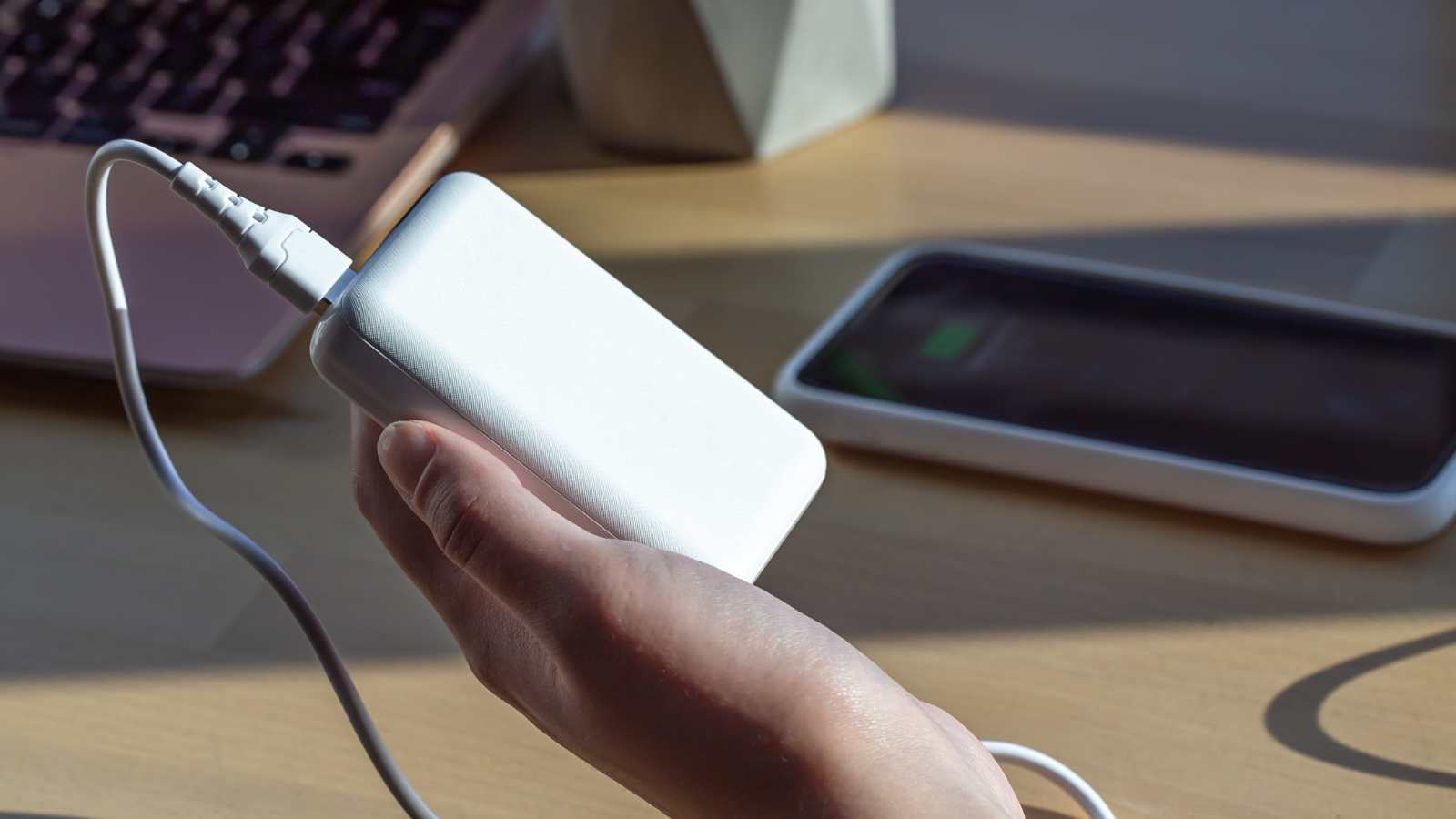
Actual capacities of such power banks are 50-60% less than claimed. Consequently, a newly-bought power bank which is supposed to charge a mobile phone at least twice sometimes dies after charging just once.
Indian sellers are procuring these substandard lithium-ion cells at far lesser than market rates from Chinese suppliers to price out competition and gain market share.
Earlier this month, the Bureau of Indian Standards (BIS) cancelled registrations of two Chinese suppliers–Guangdong Cvasun New Energy Technology Co, and Ganzhou Novel Battery Technology Co – which together accounted for more than half of cell supplies to India. Another supplier, Ganzhou TaoYuan New Energy Co Ltd is currently under the BIS radar, industry executives said.
The three companies couldn’t be reached for comment.
The ban on the Chinese companies follows random open-market tests of power banks by authorities which discovered that most reported capacities were far lesser than advertised. For instance, agencies found power banks with 10,000 milliampere-hour (mAh) batteries only had a capacity of 4000-5000 mAh.”Sub-standard lithium cells meant to be used in power banks are coming into the market, simply because that market is still unregulated,” an executive from the lithium-ion cell industry told ET. “For mobile phones and other consumer electronics, the supply chain is far more careful in procuring the right products, but when it comes to power banks, consumers do not usually check how they are performing. BIS has standards for safety, but not performance,” the person said.The executive said Chinese suppliers have been working around BIS standards by retaining physical dimensions of the cell but packing lesser capacity than the order quantity, bringing down the cost of materials.
“They were sending a few golden samples to BIS which would meet all the standards, receiving a trademark, for say, 10,000mAh. But eventually, they would use the same BIS trademark and ship substandard cells with lesser capacities to brands in India,” the executive said. “The price difference in this case would be at least 25%,” he said.
The executive added that India imports 1.5-2 million units of lithium-ion cells every month from China for use in power banks, as local production of this component is still at a nascent stage. While a typical 10,000mAh cell would cost around ₹200-250, the banned suppliers were selling them at ₹150 apiece.
Lower import prices reflected in the price of power banks sold by generic brands in India. While a 10,000 mAh power bank from established brands is priced over Rs 10,000, there are many priced at less than Rs 600 for the same advertised capacity, a search on ecommerce platforms revealed.
With the government action to address the market distortion, the industry expects power bank prices to rise slightly. “The making cost of a power bank including the cell, battery pack, enclosure and the PCB is far higher than what these companies are selling them at. We can expect these prices to now go up and stabilise at around Rs 1,000,” said an executive at a power bank maker.
The Cellular and Electronics Association (ICEA) has issued an advisory warning power bank manufacturers to stop procuring low-quality lithium-ion cells that fail to meet safety and performance standards.
“Businesses using cells from these banned entities risk automatic non-compliance violation under the BIS Act, 2016, which could lead to regulatory action, financial penalties, and even imprisonment for key personnel,” ICEA said, calling for companies to audit their supply chain while transitioning to BIS-compliant alternatives.
The findings surfaced after domestic cell manufacturers started raising concerns to the government of being priced out by Chinese firms.
“India is rapidly creating capacity for lithium cells. Currently, one factory in South India has a capacity to make 600,000 units per month. There’s another large facility coming up in Haryana that would supply mobile phone brands. Yet, so far, they have been sitting dry, unable to compete with Chinese suppliers because of the price difference,” said the executive cited above.
He added that brands have started procuring locally from October after BIS cancelled registrations of the two Chinese suppliers.










